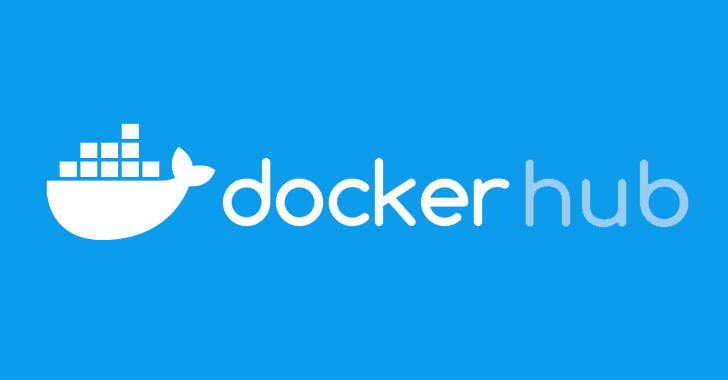Vulscan is a module which enhances nmap to a vulnerability scanner. The nmap option -sV enables version detection per service which is used to determine potential flaws according to the identified product. The data is looked up in an offline version scip VulDB.
Version 2.0 of Nmap NSE Vulscan is available online. This major release introduces version identification, which may improve the accuracy of findings as long as the linked vulnerability databases provide version information (supported by scip VulDB only at the moment). Furthermore, a parsing bug if the server identification did contain special characters, has been fixed. This improves the stability of the script.
nMap Vulnerability Scanner Installation
Please install the files into the following folder of your Nmap installation:
Nmapscriptsvulscan*
Usage
You have to run the following minimal command to initiate a simple vulnerability scan:
nmap -sV --script=vulscan/vulscan.nse www.example.com
Vulnerability Database
There are the following pre-installed databases available at the moment:
- scipvuldb.csv | http://www.scip.ch/en/?vuldb
- cve.csv | http://cve.mitre.org
- osvdb.csv | http://www.osvdb.org
- securityfocus.csv | http://www.securityfocus.com/bid/
- securitytracker.csv | http://www.securitytracker.com
- xforce.csv | http://xforce.iss.net
- expliotdb.csv | http://www.exploit-db.com
- * openvas.csv | http://www.openvas.org
Single Database Mode
You may execute scanner with the following argument to use a single database:
--script-args vulscandb=your_own_database
It is also possible to create and reference your own databases. This requires to create a database file, which has the following structure:
<id>;<title>
Just execute vulscan like you would by refering to one of the pre-delivered databases. Feel free to share your own database and vulnerability connection with me, to add it to the official repository.
Update Database
The vulnerability databases are updated and assembled on a regularly basis. To support the latest disclosed vulnerabilities, keep your local vulnerability databases up-to-date.
If you want to update your databases, go to the following web site and download these files:
- http://www.computec.ch/mruef/software/nmap_nse_vulscan/cve.csv
- http://www.computec.ch/mruef/software/nmap_nse_vulscan/exploitdb.csv
- http://www.computec.ch/mruef/software/nmap_nse_vulscan/openvas.csv
- http://www.computec.ch/mruef/software/nmap_nse_vulscan/osvdb.csv
- http://www.computec.ch/mruef/software/nmap_nse_vulscan/scipvuldb.csv
- http://www.computec.ch/mruef/software/nmap_nse_vulscan/securityfocus.csv
- http://www.computec.ch/mruef/software/nmap_nse_vulscan/securitytracker.csv
- http://www.computec.ch/mruef/software/nmap_nse_vulscan/xforce.csv
Copy the files into your install folder:
/vulscan/
Disclaimer
Keep in mind that this kind of derivative vulnerability scanning heavily relies on the confidence of the version detection of nmap, the amount of documented vulnerebilities and the accuracy of pattern matching. The existence of potential flaws is not verified with additional scanning nor exploiting techniques.








